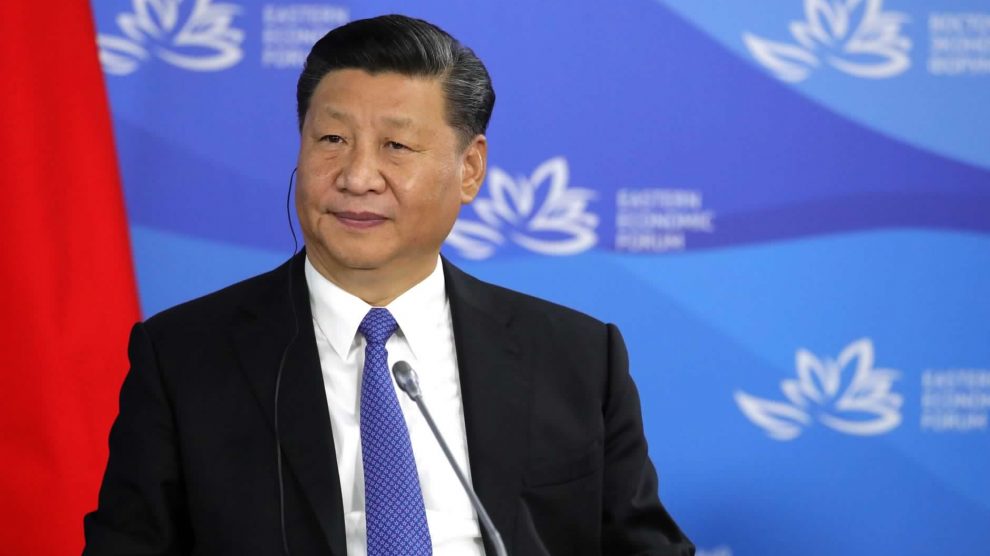China’s too close. In its annual report, the Italian Parliament’s Committee for the Security of the Republic – aka COPASIR, the secret services watchdog – turned the spotlight back on the Chinese government’s thirst for Italy’s strategic assets. From 5G to universities and seaports, its authors said China is a “strategic adversary” for the country.
5G woes
The first warning concerns the 5G network, one of the most sensitive technologies for national security. It’s been at the centre of a years-long tug-of-war between the United States and China, with the former accusing the latter of inserting backdoors into the network and using its companies to spy on Western countries.
In December 2019, COPASIR had sounded an alarm about the latest-generation network, calling on the (former) government to “exclude Chinese companies from the activity of providing technologies for 5G networks.”
Several Chinese companies operate in the 5G market, including Huawei and ZTE. In Italy they can boast significant room for manoeuvre (as well as a dense network of institutional relations). Two years after its initial warning, COPASIR noted that too little had been done on this front.
The watchdog argued that the government’s “Golden power” – i.e. its lawful intervention in the dealings of private companies for the sake of national security – may still be too weak. “The Committee has systematically monitored the exercise of special powers by the Government (the so-called “Golden power”) and has identified its limits, as well as margins for improvement,” reads the report.
Furthermore, the report argues that while the “cyber perimeter” has been built along with the new National Cybersecurity Agency, the Chinese threat extends beyond the technological field.
Companies and universities
“The risk of undesirable penetration by foreigners into the productive fabric of our country, which is characterised by [SMEs], remains high,” reads the report, which made a direct reference to the Alpi Aviation case Decode39 reported on.
After several hearings with the heads of the secret services, the authors noted that large Italian companies are well-equipped with management structures and procedures capable of keeping foreign capital entry in check and alerting the government.
The same cannot be said about Italian universities. COPASIR has it on good authority that “there has been growing interest on the part of foreign State actors, particularly China, in the Italian academic world, especially in the areas where research activities are most advanced.”
The watchdog noted how Chinese agents approaching the Italian academic research field acted “differently”. It also underscored the “real risk of technology and know-how being stolen,” partly due to the “widespread lack of funding” – which leaves too much leeway for generous (if double-faced) benefactors.
Calling on the government to take action, the Committee warned that the infiltration of Chinese intelligence and Beijing-linked companies into Italian classrooms might amount to “a sort of Trojan horse” capable of circumventing the limits set by the Golden power around specific strategic industrial sectors.
Seaports
COPASIR devoted another portion of its report to China’s interest in Italian seaports, one of the pillars of the Belt and Road initiative memorandum that Rome signed with Beijing in March 2019.
“The main Italian port infrastructures have already been the object of attention by foreign players,” reads the document, remembering the 2019 intergovernmental talks concerning the ports of Savona-Vado Ligure, Venice, Trieste, Naples, Salerno and Taranto.
Although no amount of control over the infrastructures has been transferred abroad, COPASIR said these are “certainly strategic assets at risk.” The geographical location and shape of the Italian territory make it a strategic bridge between Europe and the rest of the Mediterranean, particularly with the countries bordering its southern shore.
Thus, the watchdog urged the government to include the protection of port infrastructures within “a broader Italian security strategy and policy for the Mediterranean.”




